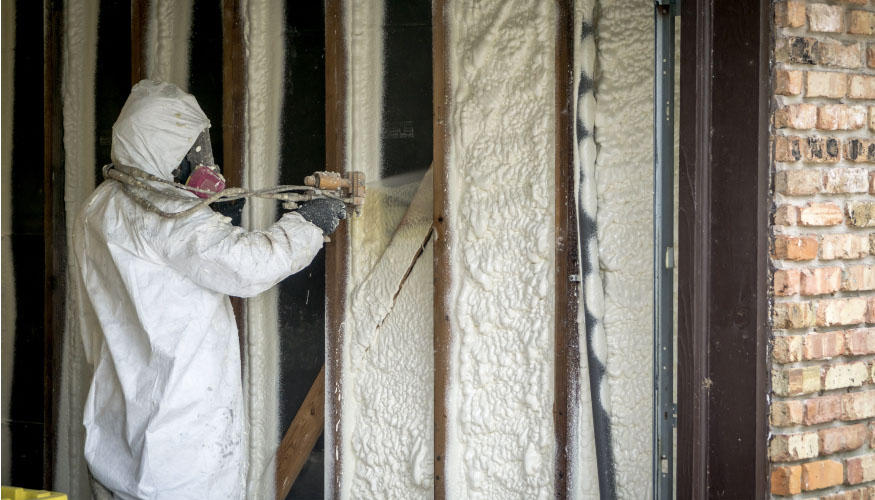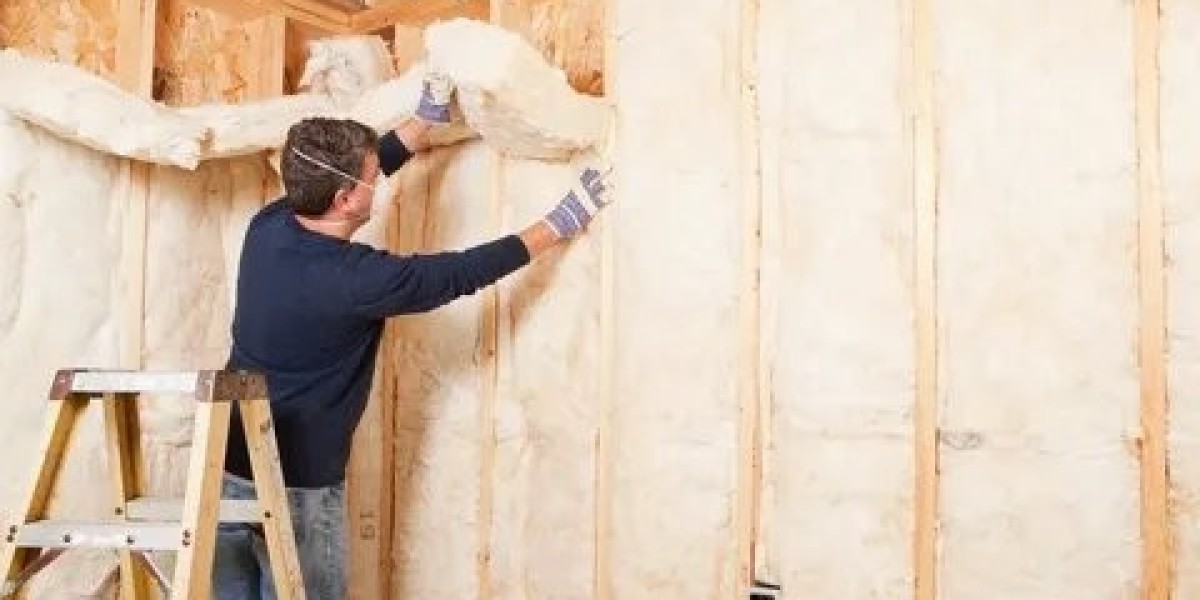Insulation of the interior walls is one option that most homeowners look for to improve comfort, increase energy efficiency, and raise privacy. Most people know about insulating the outer walls, but there are also specific advantages and disadvantages that insulation of interior walls offers. The article talks about pros and cons of interior wall insulation so that you make up your mind.
Why Do We Need Insulation of the Interior Walls?
Not only is it about temperature regulation; it can also improve soundproofing, create energy zones, and even enhance your structural integrity. Whether to insulate interior walls depends on your needs, lifestyle, and budget.
Advantages of Insulating Interior Walls
1. Improved Soundproofing
One of the most common reasons homeowners choose to insulate interior walls is to prevent noise transfer between rooms. Insulation acts as a sound barrier, making it an ideal solution for:
- Bedrooms and bathrooms needing privacy.
- Home offices need quiet environments.
- Media rooms that need to contain noise coming from audio systems.
2. Increased Energy Efficiency
Interior wall insulation can create energy zones in your home. For example:
Rooms that don't receive much traffic can remain cool or warm without impacting other parts of the home.
Helps to balance temperatures in basement or garage areas adjacent to living rooms.
3. Improved Comfort
Insulating interior walls eliminates drafts and cold spots, making the interior more comfortable. This benefits homes whose heating or cooling appliances are outdated.
4. Improved Fire Resistance
Some insulations are composed of mineral wool. These could be more fire-resistant, retarding the spreading flames of a fire.
5. Moisture Control
Insulation in places such as bathrooms or laundry rooms could keep moisture from getting to the next areas and possibly eliminating mold and mildew from occurring.
Disadvantages of Insulating Interior Walls
1. Added Expense
Adding insulation to interior walls also brings higher costs, such as in materials and labor. Such a practice is not economic for homeowners who are not financially buoyant.
2. Reduced Wall Space
Depending on the type of installation, adding material to an interior wall slightly reduces available square footage. This effect can be seen in small-sized rooms.
3. Insufficient Energy Efficiency
While interior wall insulation is good for better energy zoning, the advantage on the energy side may not be as high as that for exterior wall and attic insulation.
4. Over-Insulation of Interior Walls
In fact, double wall insulation means that it might cause over-insulation, ventilation issues, and indoor air quality problems.
Key Facts about Interior Wall Insulation
1. Room Function
Before insulating, consider how each room is used. Bedrooms, home offices, and media rooms benefit greatly from soundproofing, while bathrooms may need insulation for moisture control.
2. Insulation Type
Different types of insulation offer unique advantages. Some popular options for interior walls include:
- Fiberglass Batt Insulation: Affordable and easy to install.
- Blown-In Insulation: Excellent for filling gaps and providing better soundproofing.
- Spray Foam Insulation: Creates an airtight seal and enhances energy efficiency.
3. Climate and Location
Homes in locations such as Nashville, TN, tend to have warm summers and cold winters. Insulating interior walls may help maintain an indoor temperature that is more comfortable within a multi-level home since temperatures may differ between levels.
4. Budget
Although insulating interior walls has many benefits, there is a cost. Be sure to point out the benefit of insulating walls between living and sleeping areas.

Is Interior Wall Insulation Right for Your Nashville Home?
Homeowners in Nashville often require warmth and energy efficiency in their homes. In that scenario, interior wall insulation gains much consideration. This also ensures quietness and controls temperature more efficiently. All the above benefits come tailor-suited for the Nashville environment and lifestyle.
Faq
- Which of these insulations can best suit interior walls?
Two very frequently used options include spray foam and fiberglass batt. Sprayed foam provides sound proofing with superior efficiency along with having better energy efficiency compared with fiberglass. It also costs less.
- Is interior wall insulation worth the cost?
If you’re looking to reduce noise, control energy use, or improve comfort, interior wall insulation is a worthwhile investment.
- Does interior wall insulation help with humidity control?
Yes, particularly in bathrooms and laundry rooms. Some insulations work as a barrier to moisture.
- How much does it cost to have interior walls insulated?
This varies depending on the type of insulation to use and the job size in square feet. It is only through estimation from a professional that a quote that is accurate results.
- Do I Install the Wall Insulation Myself?
With the DIY installation on fiberglass batts, hire professional assistance for optimal installation that may benefit to give a maximised effect.
Conclusion
Insulating interior walls brings about a number of advantages, including sound-proofing, energy efficiency, and even comfort. In order to make an informed decision regarding which pros and cons best fit your preferences and budget, it is of great importance to establish what functionalities are in every room you occupy in upgrading your home, as you build one anew.
Call Armored Insulation at (270) 727-5566 for expert advice and professional installation. Proud to serve Nashville, TN and surround areas of Paducah, KY, Western Kentucky, Northwestern Tennessee, Southern Illinois, and Southeast Missouri.



